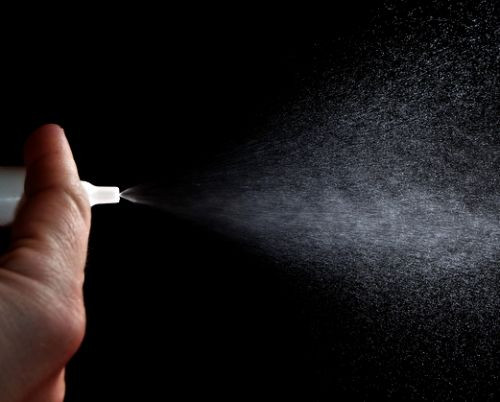Nasal Spray May Mean the End of Insulin Shots for Diabetics

A once-a-day nasal spray may hopefully spell the end of insulin injections.
There are two common forms of diabetes. Type-2 diabetes, the more common form, occurs when cells no longer recognize the insulin that the body makes or when the body produces too little insulin. Type-1 diabetes, which 5 percent of patients with diabetes have, occurs when the body makes no insulin at all. The autoimmune disorder destroys the cells that make insulin as well, causing dangerously high blood sugar levels that can be extremely life-threatening if left untreated.
Normally, patients with type-1 diabetes need to inject themselves with insulin on a daily basis, but shots only provide relief for nine hours. The treatment can be inconvenient and painful, especially for children, as type-1 diabetes is most often diagnosed in children or young adults. The numerous daily injections can lead to hard fat deposits by the site of injections.
The nasal spray, developed by researchers at the University of Sunderland in the United Kingdom, would only need to be administered once a day. Once inside the nasal passages, the spray would turn into a gel as it is heated by the nasal cavity, allowing the body to take in the insulin before it is wiped away. The spray also has a chemical component that makes it easier for insulin to make it through the nasal passages.
The nasal spray was tested in rat models with the disease. Of course, much more testing would need to be carried out before the spray could make it into pharmacies.
If the spray is successful, it could mark the end of an era for a sometimes painful and inconvenient method of the treatment.
The study was published in a recent issue of Biomedical Science, issued by the United Kingdom's Royal Society of Chemistry.



























